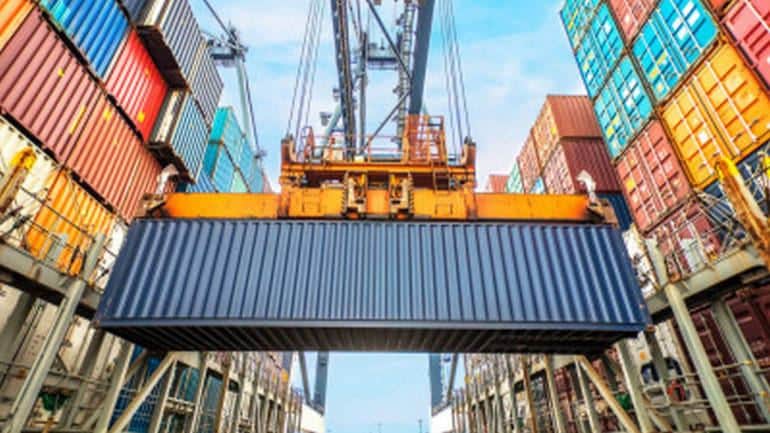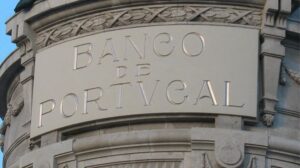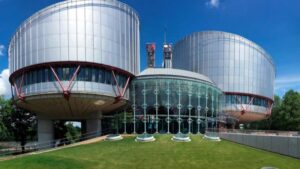Crew’s leader arrested in joint police operation
Portugal’s PJ police are on the trail of a diving team whose job it is to remove canisters of cocaine attached to ships’ hulls.
The crew works mainly on incoming ships to the ports of Sines, Setúbal and Leixões.
The cocaine is generally placed on container ships leaving Santos port, in São Paulo, in the form of a kind of ‘torpedo’ or box, attached to the exterior of hulls, either with magnets or by soldering. Many are fitted with GPS devices.
When the container ships finally dock in Portuguese ports, the diving team moves into action, “almost always at night, to transport the blocks of cocaine to dry land”.
The team was assembled by a 38-year-old Brazilian, Gabriel de Souza, who for some time lived in a ‘luxurious property in Alcochete’ (near Lisbon), setting up various legal businesses, like bars and cafés, where the proceeds of drug trafficking were laundered, says Expresso.
De Souza is described as “an important element of PCC” – Primeiro Comando Capital, a Brazilian mafia that has spread its tentacles throughout Europe.
He was arrested earlier in the week by the PJ, in a combined operation with Brazil’s Federal Police, who also carried out further detentions in Brazil. But the diving team that de Souza put together “was not caught. The case remains open, and Expresso knows there could be more arrests in the coming days”.
What these developments suggest is that Portugal is “gaining strategic importance over Spain on the trafficking and money-laundering route of Latin America’s principal criminal group”.
A judicial source has told Expresso that for now there do not appear to be more PCC ‘operatives’ in Portugal than in Spain, but whenever Spanish police start to put pressure on a PCC-affiliated member, they tend to come to Portugal, either to lie low, or continue working but from a different base – and the “vulnerability and corruption currently existing in Portuguese ports are the main attraction for this powerful mafia”.
“The PCC knows that Portuguese ports are more permeable than Spanish, which is why they have opted more and more to pass cocaine through Portugal”, the source continued. Portuguese ports have “more corruptible workers, security is less tight and there is less anti-trafficking technology”.
The mega swoop by the PJ and public prosecutors two weeks ago, which resulted in the citing of 15 official suspects, and arrest of two, is an example of this. As reports explained at the time, the customs officials suspected of turning a blind eye to incoming drug shipments will have received commissions of between 15%-20%, which investigators believe could have seen them scooping €3,000-4,000 for each kilo of cocaine ‘let through’.
Another recent case that proves the ‘attack in force by PCC on Portuguese ports’ came in Leixões where 13 stevedores are believed to have each made up to €40,000 each for unloading hundreds of kilos of cocaine hidden in shipping containers.
Adding to Portugal’s ‘attractions’ is the legal vacuum when it comes to the production of so-called ‘narco-boats’ (super-fast speed boats, favoured by traffickers). In Spain, the government has made it a criminal offence to construct these boats. They have been ‘against the law’ since 2018 – and Madrid has apparently ‘pressured’ recent Portuguese governments to follow the Spanish example. Last summer, now outgoing Justice Minister Rita Alarcão Júdice said the government was preparing to present a draft law to this effect, but it hasn’t happened – and now this government too has fallen.
Expresso’s article concludes that while Portugal continues to remain ‘so attractive’ to trafficking networks, “PCC and other criminal groups” will continue to exploit all the failings: “There are suspicions that clandestine narco boat factories are flourishing in the north of the country, close to the border with Spain”. ND
Source: Expresso



















